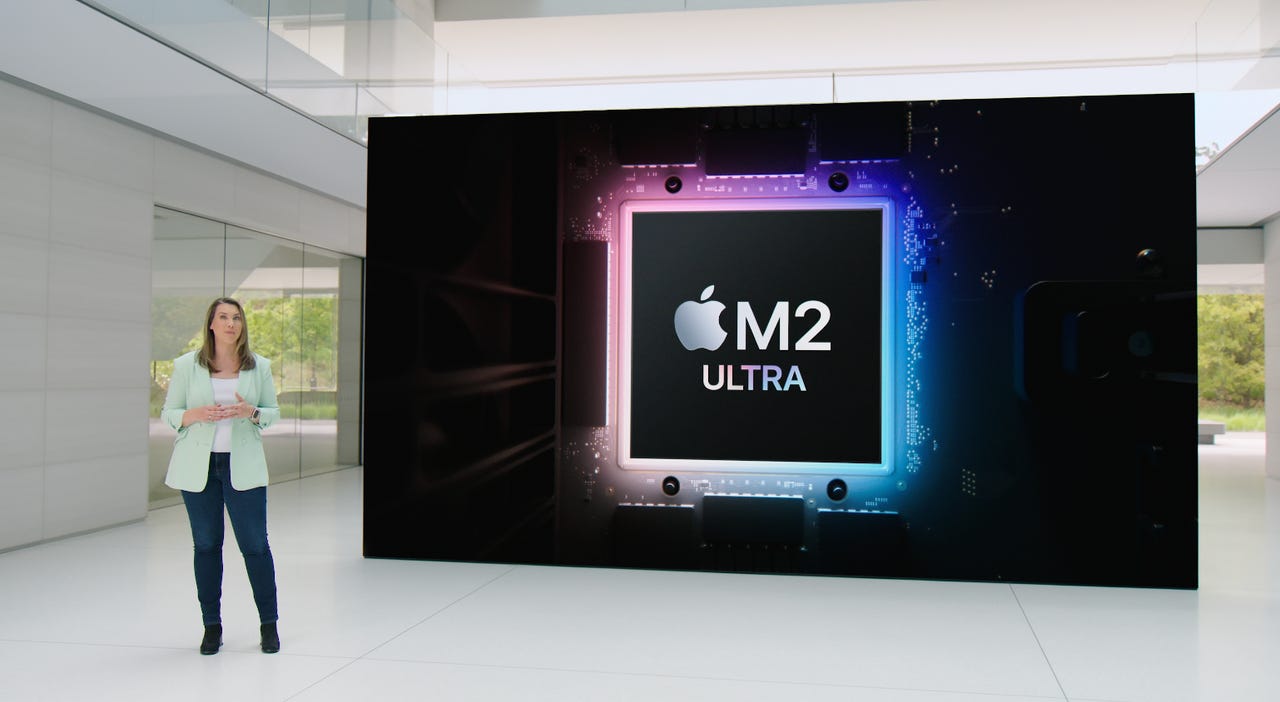'ZDNET Recommends': What exactly does it mean?
ZDNET's recommendations are based on many hours of testing, research, and comparison shopping. We gather data from the best available sources, including vendor and retailer listings as well as other relevant and independent reviews sites. And we pore over customer reviews to find out what matters to real people who already own and use the products and services we’re assessing.
When you click through from our site to a retailer and buy a product or service, we may earn affiliate commissions. This helps support our work, but does not affect what we cover or how, and it does not affect the price you pay. Neither ZDNET nor the author are compensated for these independent reviews. Indeed, we follow strict guidelines that ensure our editorial content is never influenced by advertisers.
ZDNET's editorial team writes on behalf of you, our reader. Our goal is to deliver the most accurate information and the most knowledgeable advice possible in order to help you make smarter buying decisions on tech gear and a wide array of products and services. Our editors thoroughly review and fact-check every article to ensure that our content meets the highest standards. If we have made an error or published misleading information, we will correct or clarify the article. If you see inaccuracies in our content, please report the mistake via this form.
Apple M2 Ultra: What makes it special, and for whom?


Apple's M2 Ultra takes two M2 Max chips and connects them via UltraFusion architecture to double up on, well, everything.
Apple has finally given the Mac Pro behemoth the Apple Silicon treatment, and the company's move away from Intel processors is now complete. And what a processor Apple has built for this platform!
Apple's M2 Ultra takes two M2 Max chips -- with their 12 CPU cores, up to 38 GPU cores, up to 96GB of unified memory, and 400GB/s memory bandwidth -- and connects them via UltraFusion architecture (exactly what Apple used to create M1 Ultra chips from two M1 Mac chips) to double up on, well, everything.
Also: All the Mac news from WWDC 2023
This results in what seems like a very impressive chip.
Apple M2 Ultra spec sheet
M2 Ultra tech specs
- Second-generation 5-nanometer process
- 24 CPU cores (16 high-performance cores, 8 high-efficiency cores)
- Up to 76 GPU cores delivering 27.2 teraflops of graphics performance
- 134 billion transistors
- Up to 192GB of unified memory
- 800 GB/s memory bandwidth
- 2.5TB/s interprocessor bandwidth
- 32-core neural engine capable of 31.6 trillion operations per second
- ProRes encode and decode
- Built-in Secure Enclave
Now, when Apple unveiled the M1 Ultra, we were treated to some detailed benchmark results. This time -- with the M2 Ultra -- we don't get much detail. Why? Maybe the performance and performance-per-watt figures aren't such big jumps, or maybe the M1 Ultra afforded more of an Apples vs Apples comparison.
Also: The best computers: Comparing laptops, Macs, PCs and more
We do get some broad-brush comparisons, with Apple claiming that the M2 Ultra offers 20% faster CPU performance, 30% faster GPU performance, and 40% faster neural engine performance.
We also get some comparisons to Intel-based iMacs, but the last of these were the 2020-based units featuring Comet Lake Intel processors. Here Apple claims the new Mac Studio M2 Max machines are four times faster than the old Intel-based iMacs, while the M2 Ultra systems are six times faster.
M2 Max and M2 Ultra performance claims
But do bear in mind that these iMacs were discontinued in 2022.
We get similar comparisons to the 2019 Mac Pros, systems built around Intel Xeon W Cascade lake processors.
M2 Ultra performance claims
2019 was a long time ago in tech, and so again the comparisons are not especially useful.
This time around, we don't get any of this, so we'll have to wait for the release of third-party benchmark results.
However, it goes without saying that this chip is likely the fastest processor on the planet. But this chip has very specific strengths, and it is designed for workloads such as video encoding and rendering (the media engine is designed with H.264, HEVC, and ProRes codecs in mind), 3D rendering, and machine learning.
Also: Comparing the best Macs: Is a MacBook or Mac Studio right for you?
The media engine is capable of handling 22 streams of 8K ProRes video playback, which is truly staggering. Combine this with support for up to eight displays, and you get an idea of what this chip can handle.
This is very specific silicon for very high-end systems. But give it a few years and these benefits will trickle down to more ordinary systems such as the MacBook Pro and the iMac.